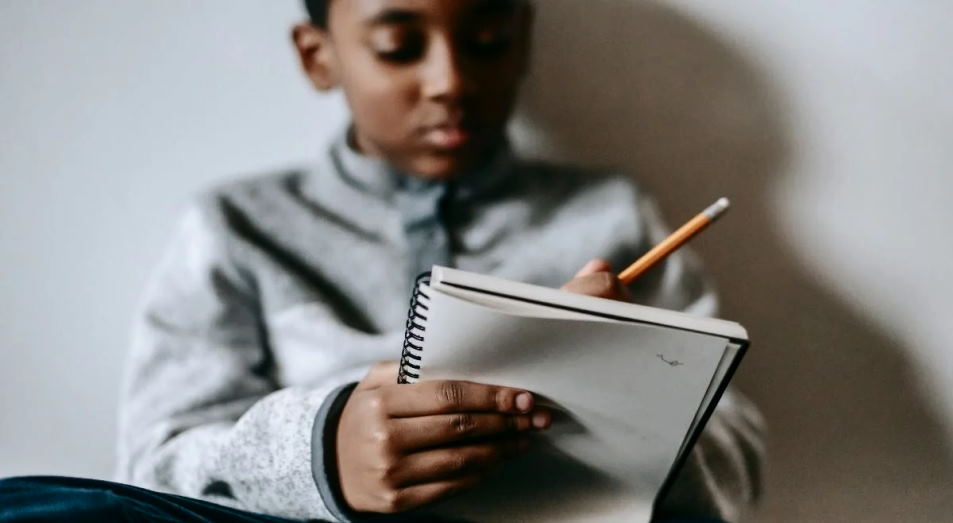
Mindful Activities for Teens to Improve Concentration
As a teenager, it’s easy to get caught up in the distractions of everyday life. Schoolwork, extracurriculars, and social media can all take a toll on your concentration levels. But what if there were simple, mindful activities you could do every day to improve your focus? Turns out there are! From meditating to journaling, these mindfulness exercises will help you clear your head and get back on track. So, give one of these a try next time you’re feeling scattered. Your concentration (and sanity) will thank you!
Mindful activities for teens to help them focus
Mindfulness is being present and aware of your surroundings without judgment. It can help reduce stress and anxiety, improve concentration, and manage difficult emotions. There are many ways to be mindful, but some activities are particularly well-suited for teens. Here are a few mindful activities that can help improve concentration:

- Taking breaks to move your body – Whenever you start feeling overwhelmed or your concentration starts to flag, take a break to move your body. For example, go for a walk, do some stretches, or dance around the living room. The key is to get yourself moving and release any built-up tension.
- Eating mindfully –eating can be an excellent opportunity to practice mindfulness. When you sit down to eat, really focus on the experience of eating. Notice the taste, texture, and smell of your food. Pay attention to how your body feels as you eat. This can help you feel more connected to your food and appreciate it more fully.
- Connecting with nature – Spend time outside whenever possible, and take in your surroundings. Notice the sights, sounds, smells, and feel of being in nature. This can help you feel more grounded and relaxed.
- Focusing on your breath – One of the simplest yet most effective ways to be more mindful is to focus on your breath. Slowly inhale and exhale, paying attention to how it feels as you breathe. You may notice that this helps you feel calmer and more centered.
- Practicing gratitude – Gratitude practices are another easy way to weave mindfulness into your life. Each day, think of something or someone you’re grateful for. This could be something as small as a beautiful sunset or a good night’s sleep. Not only will this help shift your focus from negative thoughts, but it will also boost your mood overall.
Tips for teaching mindfulness to at-risk teens
Mindfulness can be a helpful tool for at-risk teens struggling with anxiety, depression, or other mental health issues. Here are some tips for teaching mindfulness to at-risk teens:
- Make sure that the teen is comfortable and feels safe. This is the first and most important step in teaching mindfulness to at-risk teens. If the teen does not feel safe, they will not be able to focus on the mindfulness exercises.
- Start with simple mindfulness exercises. There are many different mindfulness exercises that you can do with at-risk teens. Start with simple exercises and gradually increase the complexity as the teen becomes more comfortable with the practice.
- Be patient and flexible. Mindfulness takes time and practice to master. At-risk teens may have difficulty sitting still and focusing on their breath. Therefore, it is important to be patient and flexible when teaching mindfulness to at-risk teens.
- Encourage the teen to practice mindfulness outside of class. Mindfulness should extend beyond the classroom setting. Encourage the teen to practice mindfulness at home, in nature, or anywhere else they feel comfortable with.
- Help the teen find a personal connection to mindfulness. For some at-risk teens, mindfulness can feel like another school assignment. Help the teen find a personal connection to mindfulness by sharing your own personal experiences with the practice.
- Use age-appropriate language and examples. When teaching mindfulness to at-risk teens, using language and examples, they can relate to is important.
- Encourage the teen to be gentle with themselves. At-risk teens may be hard on themselves and have a negative self-image. Therefore, it is important to encourage teens to be gentle with themselves and not compare their progress to others.
- Seek professional help if needed. If you are concerned about the mental health of an at-risk teen, seek professional help from a qualified mental health professional.

